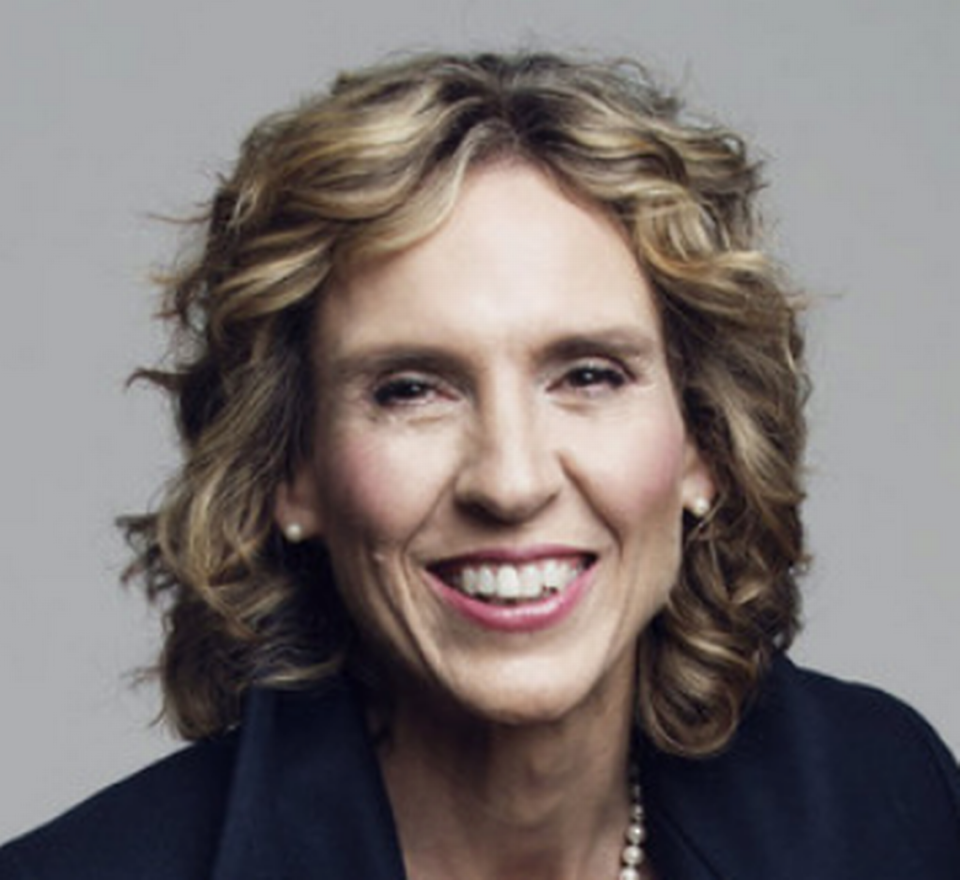Former CLT mayor: I know what happens when school bonds fail. It shouldn’t happen again. | Opinion
This $2.5 billion school bond package on the Nov. 7 ballot is a whopper. It will fund replacement schools, new schools and much needed school renovations across the county.
The 30-plus projects in the package will unfold over the next decade, including a new Second Ward High School, long desired by the community and a way to bring racial healing over displacement of former Brooklyn neighborhood residents.
I understand the anger many parents and community advocates feel about various challenges and even failings of the Charlotte-Mecklenburg school system. No doubt there have been mistakes, and bad decisions, and erroneous judgments along the way. And the ongoing racial achievement gap is completely unacceptable.

There is plenty of fault and blame to go around, and this anger was felt when nearly every district school board member lost their seat two years ago. That is one way our democracy allows us to hold decision makers accountable and to express dissatisfaction with results.
But voting against a bond package is not a good way to show dissatisfaction, and is, in fact, shortsighted and harmful to students and teachers. There are many reasons why. Here are four important ones:
▪ Voting against capital spending has little impact on operational spending, which directs which programs or teacher salaries get funded.
▪ Voting against a bond only delays the inevitable, making it more expensive in the long run. Data shows that Mecklenburg County will keep growing. If we wait two more years to pass a bond, each school will have become more expensive.
▪ A failed bond package will indicate an erosion of community support in general for our schools, leading more teachers and bus drivers to leave. Morale is already low, and this setback would only cause it to suffer more.
▪ Starving the schools of needed repairs — like updated HVAC systems — leads to unhealthy environments for students and teachers, many of whom already suffer from asthma and other chronic illnesses.
I can tell you what happens when a school bond fails. I was on the Mecklenburg Board of Commissioners in 2005 when a bond vote failed. We had to form a county-wide campaign and spent two years listening to parents, teachers and students at meetings across the county, all while the number of trailer classrooms grew. I visited trailers where students sat on the radiators because there was not enough room for more seats and where buckets were used to catch rainwater because there was no money to repair leaky roofs.
We convened parents and advocates to speak with legislators, county commissioners, and the Charlotte Chamber. It took two years to grow public support and overcome those who had campaigned against the bond. In the end, only a few projects were changed and the size of the bond was not much different.
In hindsight, it seemed a great deal of sacrifice for very little gain.
In the 2007 bond package that passed, a new elementary school cost $15 million (about $22.2 million in today’s dollars). In the 2023 package, the new Matthews Elementary school is projected to cost $80 million. It’s not just inflation raising the costs, it’s the supply chain, COVID, materials, competition, technology needs, labor shortages and more. We know the cost of housing is growing faster than inflation — the same is true of our schools.
Whether you are a conservative concerned about wise use of tax dollars, or a progressive worried about housing affordability and equity in education, or a citizen with no children, you should want safe and healthy schools — and an educated workforce in the future who can land our planes safely, perform surgeries, and build our bridges.
It is my hope that our community will come together and support this bond, imperfect as it may be in the eyes of some. It is what we have before us after public discussion and compromise, and if we let the perfect be the enemy of the good, it is not just students who pay the price, but all of us.
Jennifer Roberts was elected mayor of Charlotte in November 2015 after serving four terms on the Mecklenburg Board of County Commissioners.

